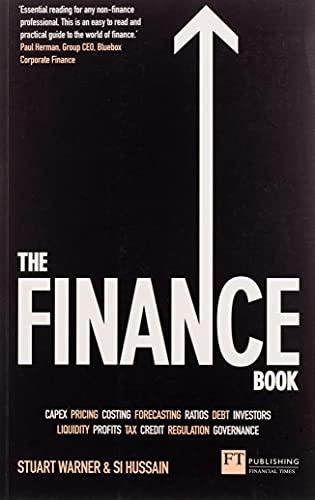
Question 30 Which of the following was one of the major changes in religious life in western Europe? O A tremendous increase in religious observance, as shown by the numbers of people who regularly attended church O A dramatic drop in the levels of anti-Semitism as a result of guilt over the Holocaust A strengthening of the Catholic church's influence over European govemments O A rise in the number of non-Christian and non-Jewish places of Worship, such as mosques, Buddhist temples, and other shrines Question 31 What U.S. president successfully shepherded the 1964 Civil Rights Act through the U.S. Congress, legislation that forbade job discrimination based on race, color, religion, or sex and outlawed segregation in public accommodations? O Harry Truman John F. Kennedy O Richard M Nixon Lyndon B. Johnson Question 32 Why did the Arab nations of the Organization of Petroleum Exporting Countries (OPEC) impose an oil embargo on the United States and its allies in the 1970s? O They were frustrated that Western nations were tuming to nuclear energy instead of maintaining their reliance on Middle Eastern oil. They were attempting to gain support from the USSR, which the Middle East judged to be in a position of power in the early 1970s. They were angry that the United States had offered support to Israel in its conflicts with Egypt, Syria, and Jordan during the 1960s and 1970s. They wanted to punish the United States for refusing to trade fairly with non-Westem nations. Question 33 The wave of terrorism that hit Europe and the Middle East in the 1970s was mainly the result of Soviet funding of guerrilla movements in Europe's former colonies. O emerged after the CIA began funneling money and weapons to anti-Communist movements eastern Europe and central Asia. Obegan in the West, as young people in Europe responded to the suppression of activism and poor economic conditions with kidnappings, bank robberies, bombings, and assassinations. O was condoned by Western governments, and often supported by U.S. intelligence forces, because it was mainly directed at leftists and Communist leaders. Question 34 Question 30 Which of the following was one of the major changes in religious life in western Europe? O A tremendous increase in religious observance, as shown by the numbers of people who regularly attended church O A dramatic drop in the levels of anti-Semitism as a result of guilt over the Holocaust A strengthening of the Catholic church's influence over European govemments O A rise in the number of non-Christian and non-Jewish places of Worship, such as mosques, Buddhist temples, and other shrines Question 31 What U.S. president successfully shepherded the 1964 Civil Rights Act through the U.S. Congress, legislation that forbade job discrimination based on race, color, religion, or sex and outlawed segregation in public accommodations? O Harry Truman John F. Kennedy O Richard M Nixon Lyndon B. Johnson Question 32 Why did the Arab nations of the Organization of Petroleum Exporting Countries (OPEC) impose an oil embargo on the United States and its allies in the 1970s? O They were frustrated that Western nations were tuming to nuclear energy instead of maintaining their reliance on Middle Eastern oil. They were attempting to gain support from the USSR, which the Middle East judged to be in a position of power in the early 1970s. They were angry that the United States had offered support to Israel in its conflicts with Egypt, Syria, and Jordan during the 1960s and 1970s. They wanted to punish the United States for refusing to trade fairly with non-Westem nations. Question 33 The wave of terrorism that hit Europe and the Middle East in the 1970s was mainly the result of Soviet funding of guerrilla movements in Europe's former colonies. O emerged after the CIA began funneling money and weapons to anti-Communist movements eastern Europe and central Asia. Obegan in the West, as young people in Europe responded to the suppression of activism and poor economic conditions with kidnappings, bank robberies, bombings, and assassinations. O was condoned by Western governments, and often supported by U.S. intelligence forces, because it was mainly directed at leftists and Communist leaders. Question 34







